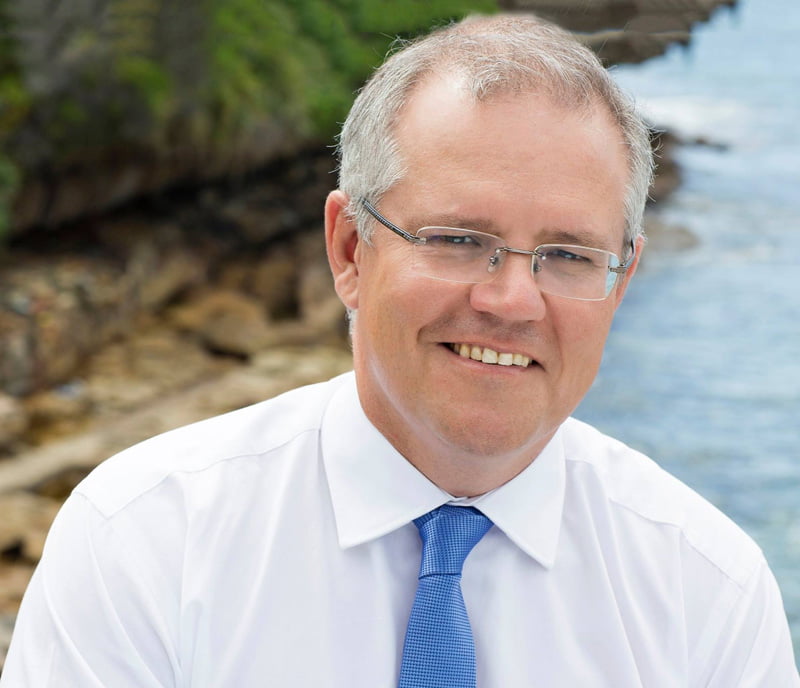A newly released Treasury research paper has found that migration has a net positive impact on the economy and leads to increased innovation in businesses.
It comes as Innovation and Science Australia has also thrown its support behind migration as a means to foster local jobs growth, and to support technology and skills transfer.
Treasury found that migration has a net positive impact on the Australian economy, with the current rate of migration contributing as much as 1 percentage point of annual economic growth each year from 2020 to 2050.

The research was commissioned by department secretaries last year with an aim to quantify the economic impacts of migration, and was released by government on Tuesday.
It found that migrants have a positive impact on the Australian economy because they use less in government services than they provide in tax payments. Its figures are based on the government’s current intake cap of 190,000 people per year.
The report also found that migrants help Australian businesses to be innovative.
“The increased diversity that migrants bring is likely to play an important role in helping Australian businesses to innovative in the face of intensified global competition and technological change,” the report said.
“A diversified workforce is likely to have different skills and mindsets, which in turn are positively correlated with business, technology and cultural innovation,” the report said.
The new research report comes as the debate over immigration and migrants caps continue to rage within Coalition, with the right faction arguing for a reduction in the caps in the coming years.
Treasurer Scott Morrison has used the recently released report to justify the government’s current migration intake.
“The Turnbull government’s migration program retains the flexibility of a maximum cap on permanent migration, focused on skills, and is underpinned by our strong and successful border controls and strict enforcement of our visa rules to maintain integrity,” Mr Morrison said.
Innovation and Science Australia, the government-appointed board providing advice on science, research and innovation matters, has also emphasised the positive economic impact of immigration and is urging government to increase skilled migration options for Australian businesses.
In a submission to the Department of Home Affairs discussion paper on Managing Australia’s Migrant Intake, the ISA said it wants to “ensure that we dispel the myth that skilled migration costs local jobs as this is simply not true”.
“Current evidence tells us overseas skilled workers boost local skills through shared knowledge and mentoring, high-growth firms that have access to the right skills create more jobs for locals and skilled migrants are expensive to recruit and will only be brought in if there is a local skill shortage,” ISA chair Bill Ferris said in the submission.
“ISA believes that skilled migration policy needs to ensure it gives due consideration to the ‘upside risks’ of value creation and economic dynamism that migration can bring to our economy, as well as protecting against some of the more commonly noted ‘downside risks’.”
ISA’s 2030 strategic plan, unveiled last year, said that the country’s innovation investment and talent can strengthened by improving access to global talent pools through skilled migration.
It also said that more than 35 per cent of Australian startup founders are migrants.
“Australia has the potential to be a regional innovation hub, and should not risk losing available innovation talent to regional competition, such as from New Zealand and Singapore,” Mr Ferris said.
In March this year the federal government revealed it would be trialling a new visa scheme for tech companies to attract skilled talent from around the world in the next financial year.
The scheme will be made up of two streams: an established business stream open to publicly-listed companies for positions with a salary of at least $180,000 annually, and a startup stream for early-stage STEM companies.
ISA’s submission to Home Affairs was delivered before the new skilled visa trial was revealed.
Do you know more? Contact James Riley via Email.

